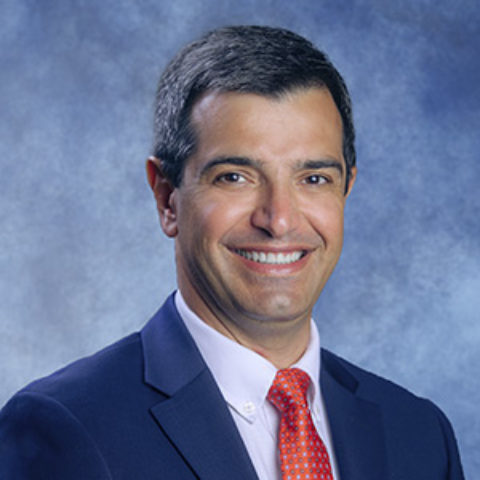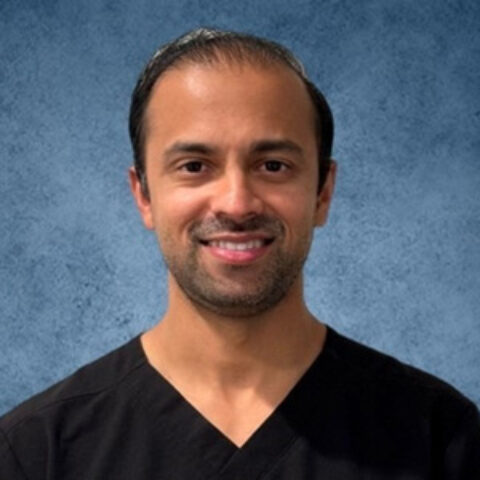Neurosurgery is a medical specialty that encompasses the brain, skull, spine, and spinal cord, as well as the entire nervous system. While many patients assume that neurosurgeons focus on the brain only, the truth is that the majority of cases seen by neurosurgeons involve the spine.
After medical training, neurosurgeons undergo an additional five to seven years of residency training in their specialty, and that is often followed by fellowship training. Neurosurgeons offer the highest range of expertise for brain surgery and treatment of spine disorders and have been trained in procedures such as spinal fusion, laminectomy, and microdiscectomy.
A neurosurgeon provides both non-surgical and surgical treatments. Deciding whether or not you need surgery depends on your exact condition and your health, but you can trust that your doctor will help you make the best decision for you. We do try to examine all possibilities of non-surgical treatments before opting for a surgery recommendation. Surgery is more common in conditions such as tumors, instability, deformities, and disc herniation.
Minimally invasive surgery is often best for patients because it involves fewer incisions, smaller incisions, and a faster recovery with less pain. Due to its benefits, we offer minimally invasive surgical approaches whenever possible.
Like any other type of surgery, there are risks involved, such as numbness, weakness, paralysis, bleeding, and infection. However, our attentive and board certified neurosurgeons help to bring the risks of surgery down.




